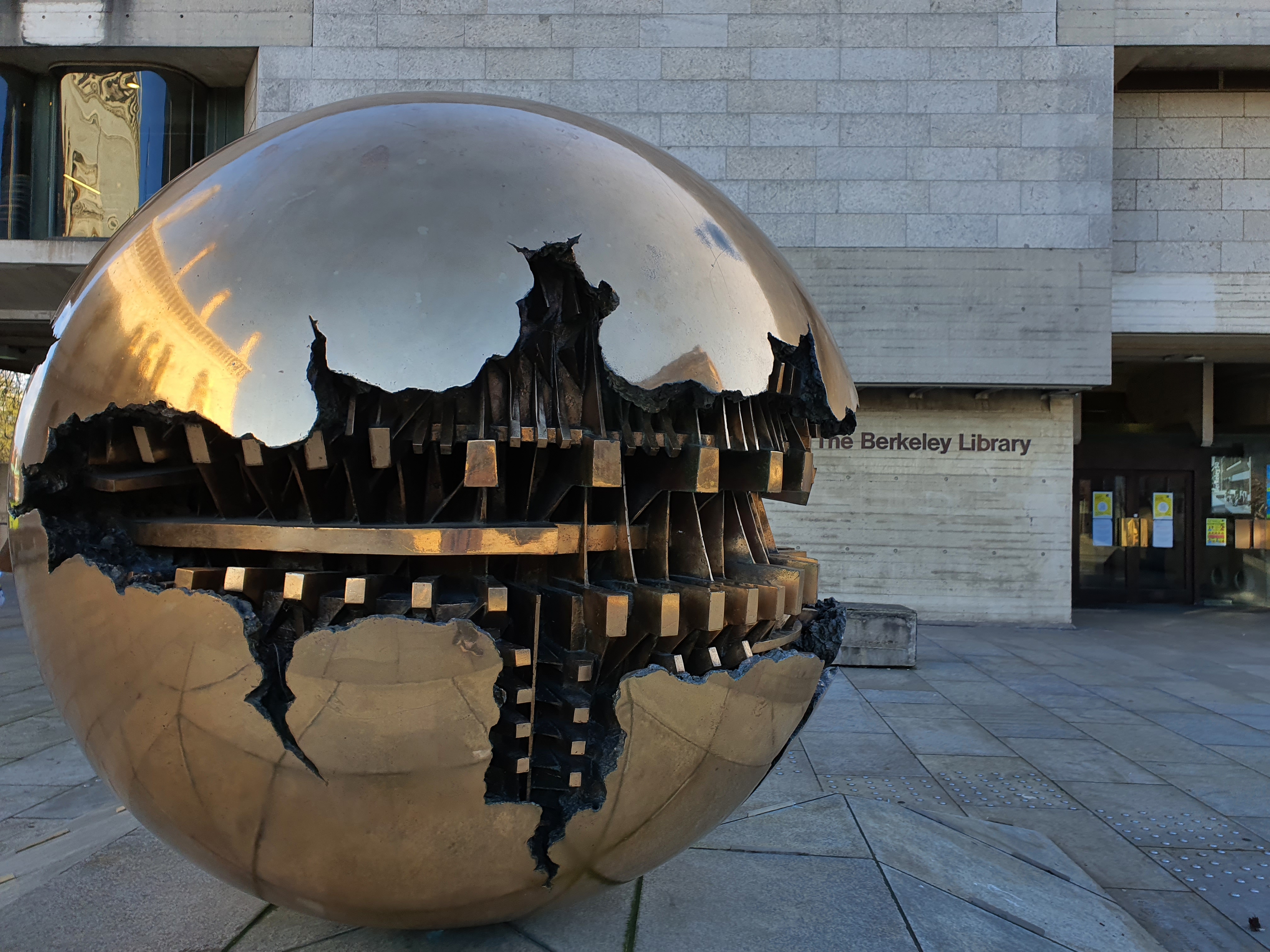Trinity is to begin investigating its “colonial past” over the course of the next two years.
Today, College announced the beginning of its Colonial Legacies Project. The “extensive” two-year investigation will “examine, interrogate and reflect on its complex colonial legacies”.
Dr Ciaran O’Neill and Dr Patrick Walsh, assistant professors from the School of Histories and Humanities, will lead the project. Applications for a postdoctoral research fellowship in the school were opened today.
The project will investigate College’s connections to empire, including slavery, curriculum development, and museum and library collections. The research is intended to inform the “ways in which College presents its history to the public in the future”.
The appointed fellow will produce a publication on College’s colonial legacies for a wide, non-academic audience. A report on College’s commemorative practices will also be published, which will be used to guide future decisions on the naming of places after historical figures, such as buildings and lecture theatres.
O’Neill welcomed the “opportunity to have a critical conversation about Trinity’s multiple connections to empire”. He cited the importance of “an open and transparent process that is as inclusive as possible”.
The press release said that College’s connections to empire were “multi-faceted”. Recent debate has highlighted College’s financial and other connections to the slave trade. George Berkeley, the philosopher after whom one of the libraries is named, was a slave-owner.
On the other hand, fellows and graduates, such as Edmund Burke and James Mullalla, supported abolitionist movements and critiqued slavery, and students in the United Irishman were involved in anti-imperial actions and critiques.
Meanwhile, the Project recognises that College itself was seen as “an instrument of colonialism within Ireland”, benefiting financially from 17th century land confiscations. On a global level, College “evolved into an exporter of colonial ideologies and servants”.
College departments, including anatomy, zoology, divinity and engineering, and collections gathered by Trinity personnel, had connections with imperial activities in India, Africa and East Asia. The Colonial Legacies Project will aim to investigate these connections further.
Provost Dr Patrick Prendergast said: “This project is the outcome of many months deliberation here in Trinity, sparked off by the important debates that arose from the Black Lives Matter movement.”
He spoke of College’s “particular responsibility to study our past” in order to reflect on the institution’s “both positive and negative” impact on people’s lives.
Following the Black Lives Matter (BLM) protests in the summer of 2020, College spoke of its renewed “institutional commitment” to address systemic racism at a structural level.
In August, College announced the creation of a Black Studies elective module, in response to a petition launched by students Jennifer Waters and Claire Stalhuth. The petition, signed by over 2,800 people, called for a module similar to that offered by University College Dublin (UCD). In November, Dr Philomena Mullen was hired as an assistant professor to lead the module in Trinity. The module has not yet become available.
In October, the Inclusive Curriculum Project was launched, which aims to ensure all College curricula reflect “the values of equality, diversity and inclusion”. It said that “decolonising the curriculum” was an important part of the project, acknowledging “the western domination of history and knowledge”.
In a statement to The Times, College said that it is considering changing the name of the Berkeley Library, but a decision has not been made. Dr Kenneth Pearce, an assistant professor of philosophy in Trinity and a Berkeley scholar, said: “The question is, what is [the Berkeley] name saying, and especially what is it saying to our African and other non-white students at Trinity?”
Pearce continued: “We can’t really know that without hearing from black students and other people who might be affected.”
He concluded: “I wouldn’t be in a position to say at this early stage in that conversation whether I think the library’s name should be changed, but I think the university is right to be considering that seriously.”
Other universities in the UK have undertaken similar moves since the BLM protests. The University of Liverpool renamed Gladstone Hall, because of the former prime minister’s connections to slavery. The University of Edinburgh renamed the David Hume Tower, because of the philosopher’s racism. More recently, it launched a consultation to review other buildings with links to racism and slavery. City University of London renamed the Cass Business School, due to Sir John Cass’ involvement in the slave trade, and opened a review of its historic funding sources to determine other connections with slavery.
This article was amended at 10 am on February 18, to correct a reference to a statement to The Irish Times. In fact, the statement was actually given to the UK Times






